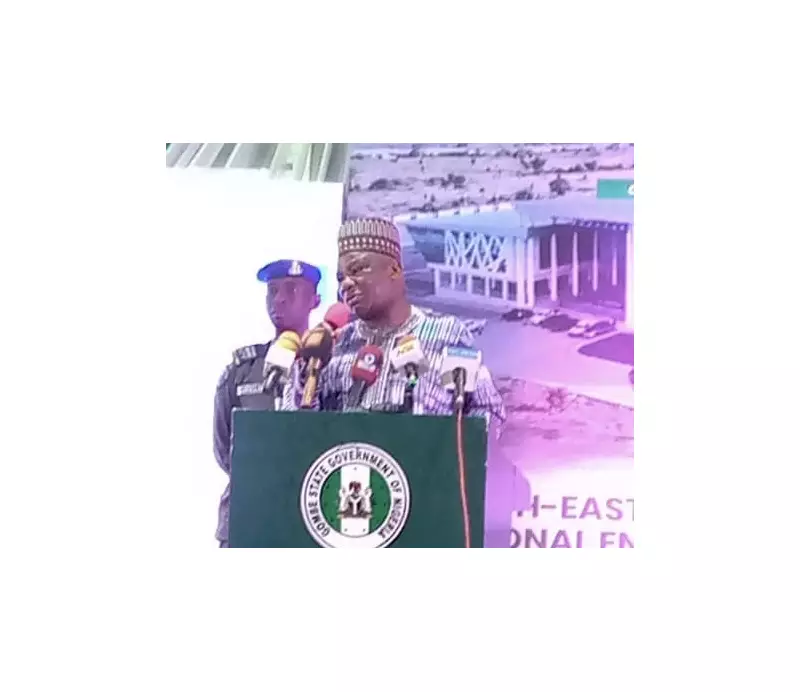
In a powerful address that resonated across academic circles, Gombe State Deputy Governor Manassah Daniel Jatau has issued a compelling call for the revitalization of engineering education throughout Nigeria. The deputy governor emphasized that strengthening engineering studies is crucial for the nation's technological sovereignty and sustainable development.
Speaking during the prestigious 27th Combined Convocation ceremony of the Federal College of Education (Technical) in Gombe, Jatau articulated a clear vision for Nigeria's educational future. He stressed that technical colleges and engineering institutions serve as the fundamental building blocks for national progress and innovation.
The Critical Role of Technical Education
The deputy governor elaborated on the indispensable nature of technical education in today's rapidly evolving global landscape. "Technical education represents the backbone of any society aspiring for meaningful development and technological independence," Jatau declared before an audience of academics, graduates, and government officials.
He further emphasized that technical institutions like FCET Gombe play a pivotal role in equipping students with practical skills and knowledge that directly contribute to national infrastructure development and technological advancement.
Addressing National Development Challenges
Jatau positioned engineering education as a strategic solution to numerous developmental challenges facing Nigeria. He highlighted how properly trained engineers and technical specialists could drive progress in multiple sectors including:
- Infrastructure development and maintenance
- Renewable energy and power generation
- Transportation systems and urban planning
- Water resource management and sanitation
- Information and communication technology
The deputy governor's message underscored the direct correlation between investment in engineering education and tangible improvements in national development indicators.
A Call to Action for Educational Institutions
Beyond identifying the challenges, Jatau provided clear directives for educational institutions. He urged colleges and universities to:
- Modernize engineering curricula to meet contemporary global standards
- Enhance practical training components and industry exposure
- Upgrade laboratory facilities and technical equipment
- Foster stronger industry-academia partnerships
- Promote research and innovation in engineering fields
This comprehensive approach, he argued, would ensure that Nigerian engineering graduates remain competitive in both domestic and international markets.
Building Nigeria's Technological Future
The deputy governor's address concluded with a forward-looking perspective on Nigeria's technological trajectory. He expressed confidence that with proper investment in engineering education, Nigeria could transform from a technology-consuming nation to a technology-producing powerhouse.
"The future of our great nation depends on our ability to harness the creative and innovative potential of our youth through quality technical education," Jatau asserted, challenging all stakeholders to prioritize engineering studies as a matter of national importance.
The convocation ceremony thus served as both a celebration of academic achievement and a platform for advocating crucial educational reforms that could shape Nigeria's development for decades to come.






